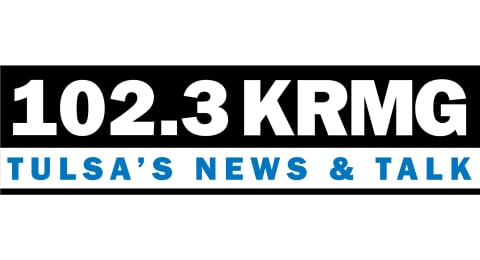TULSA — Oklahoma has a long and storied history in the realms of aviation and space exploration.
The state produced pioneer aviators like Wiley Post, as well as astronauts like Gordon Cooper, one of the original seven Mercury Astronauts, and Tom Stafford, who spent more than five hundred hours in space during four Gemini and Apollo missions.
[Hear our KRMG In-Depth report on the IAASS workshop in Tulsa HERE]
More recently, a former Tulsa Congressman served as NASA Administrator, and since leaving that post Jim Bridenstine has continued to take an active role in promoting space exploration and research.
This week, he brought experts from a number of fields together for a workshop in Tulsa that may open a new chapter in the race to space.
It was organized under the auspices of the International Association for the Advancement of Space Safety, or IAASS.
Bridenstine tells KRMG extended stays in space can lead to a wide range of physiological issues, including bone and muscle density loss, blood clots, brain lesions, and exposure to radiation.
But increasingly, the people going to space aren’t the prime physical specimens produced by NASA, and the number of civilians living and working there will only continue to grow.
The issue, Bridenstine says, is that informed consent to do so is difficult when there’s so little information available.
“This workshop in Tulsa is all about understanding human physiology, so that the people living and working in space can do so safely,” he told KRMG. “The challenge that we have is that the ‘informed’ piece of informed consent is very, very small. We just don’t have data.”
Some of the attendees in the two-day workshop (which wraps up Wednesday) include Rep. Frank Lucas (R-Okla.), who chairs the House Science Space and Technology Committee; Dr. JD Polk, NASA Chief Health and Medical Officer; NASA astronauts Victor Glover and Dr. Kate Rubins; Dr. Mark Shelhamer of the Johns Hopkins School of Medicine; and Dr. Simonetta Di Pippo, former Director, UN Office for Outer Space Affairs.
OSU Tulsa was chosen as the venue, both because it’s centrally located and easier to get to than the main OSU campus at Stillwater, but also because OSU will play a key role moving forward, Bridenstine said.
“I thought it was important to have a human research program that could collect data, and a university that could use that data to do research, so that the informed consent can actually be truly informed consent.”

:quality(70)/cloudfront-us-east-1.images.arcpublishing.com/cmg/ZSUFFDUXG5DWHBKGBSAHIF54FE.jpg)
:quality(70)/cloudfront-us-east-1.images.arcpublishing.com/cmg/RO2EVRHZIRFULGCWVOYRDLVUTI.jpg)
:quality(70)/cloudfront-us-east-1.images.arcpublishing.com/cmg/BY5Q5EUP55A3NBU6AQNWFJQCO4.jpg)
